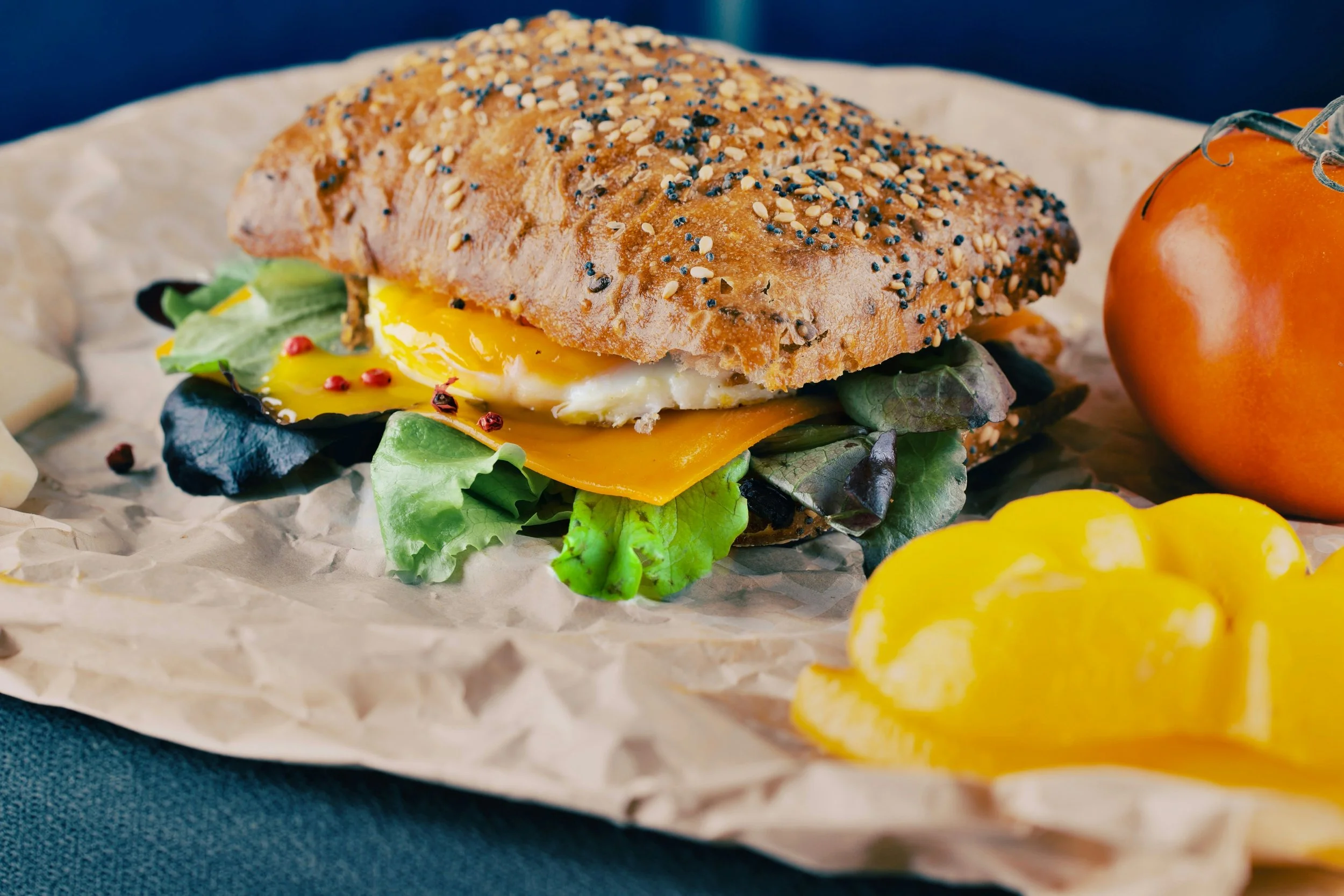What If Macro Tracking Isn’t Restrictive—It’s Just Informative?
Let’s reframe something a lot of people get stuck on:
Tracking your food doesn’t have to be rigid, restrictive, or controlling. It doesn’t mean you’re on a diet. It doesn’t mean you’re obsessing.
And it definitely doesn’t mean it has to be a forever thing.
What if tracking wasn’t this overwhelming task or shame spiral you have to white-knuckle your way through? What if it was just... information?
"Tracking feels like a lot of work."
Totally fair. That belief is so common. But here’s something to consider:
If you’ve ever found yourself low energy, wondering why your cravings feel out of control, or asking yourself, “Why am I not seeing results?”—it’s hard to answer any of that without knowing what’s really going on.
And tracking? Sometimes it gives us the clearest picture. Not forever. Just long enough to see the patterns.
It’s not about being perfect. It’s about getting curious.
A client moment: "I thought I was in a deficit..."
Another client came to me saying she couldn’t figure out why she wasn’t losing weight. She was meal prepping, avoiding snacks, saying no to treats, and staying super consistent during the week.
But she hadn’t been tracking anything—and when we did a quick audit of her meals, here’s what we found:
Her portions were bigger than she realized (not bad—just sneaky).
There were lots of little “bites, licks, and tastes” that added up.
Weekends were a a lil bit of a free-for-all after being overly restrictive Monday–Friday.
Once she had a clearer picture, she could actually adjust. We brought her weekday intake into a better balance (instead of barely eating), and she didn’t feel the need to swing so hard on weekends.
And yep—she started seeing progress. But more importantly, she stopped feeling so stuck.
And on the flip side…another client moment: "I didn’t think I needed to track..."
One of my clients was sure she was eating enough. She was active, meal-prepping, and choosing whole foods.
But she still felt off—tired, snacky, and frustrated by her lack of progress.
We tracked her meals for a few days (no pressure, no perfection), and here’s what we saw:
Protein was way lower than she thought.
Her meals weren’t spaced well throughout the day.
She was barely eating enough to support her training.
She didn’t need to overhaul everything. She just needed a little clarity.
What makes tracking feel heavy:
Let’s be honest—it’s not always the tracking itself. It’s the pressure to do it perfectly. To log every crumb. To make it your full-time job.
Here are some beliefs I hear all the time:
“It takes too much time.”
“I don’t want to obsess over food.”
“It makes me feel boxed in.”
But what if those beliefs are built around an all-or-nothing view of tracking? What if it could be flexible? Quick? Useful?
What tracking can actually do:
It can show you why your 3pm crash keeps happening. It can explain your random late-night snack attacks. It can highlight where your meals might be missing key nutrients.
It can be the thing that helps you stop guessing.
You don’t have to track forever. But you might learn something really helpful in a few short days.
Reframe: Tracking doesn’t have to be all-or-nothing
Let’s play with some mindset shifts:
Instead of: “Tracking feels like I am putting myself in a box - like what if I don’t want to eat that?”
Try: “Tracking gives me predictability, which makes life so much easier day to day - one less thing to figure out.”
Instead of: “This feels controlling.”
Try: “This gives me insight into how I actually feel.”
Instead of: “Tracking means I’m dieting.”
Try: “Tracking helps me understand what supports my body.”
Okay but... how do I make it less annoying?
Great question. Here’s what I tell clients:
Start small.
Track just your protein. Or just your meals—not snacks. One piece at a time.Reflect instead of judge.
What helped your energy? What left you ravenous an hour later? Use it to learn.Pick a time frame.
Try 3-5 days max. You’re not tracking forever—you’re running a mini experiment.Always come back to your WHY.
Better energy? Improved workouts? Less snacking? Let your goal guide what you pay attention to.
P.S. You can be intentional without being obsessive.
Tracking doesn’t mean you’re rigid. It doesn’t mean you’re dieting. It just means... you’re curious.
And curiosity? That’s one of the most powerful tools in behavior change.
You can always stop when it stops being helpful. That’s not failure. That’s self-awareness.
Want help using tracking as a supportive tool—not a stressful one?

